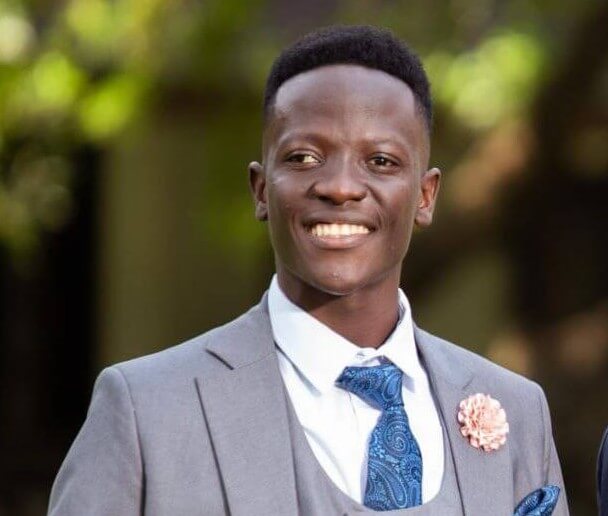In an era where artificial intelligence (AI) is increasingly permeating various facets of society, educators in the arts are taking proactive measures to equip students with the necessary knowledge and skills to engage with AI ethically.
Rather than viewing AI as enigmatic ‘black boxes,’ educators are fostering critical understanding and dialogue surrounding its integration into creative processes.
Understanding AI promises and perils in education
Arts educators recognize the importance of demystifying AI technologies for their students. Through open conversations, students delve into the promises and perils of AI, acknowledging its potential while scrutinizing its limitations and potential biases.
Rather than accepting AI-generated art at face value, students are encouraged to analyze how these systems function, including their training data and capabilities.
Best practices for ethical integration
Educators are implementing best practices to ensure that AI is integrated into coursework in a constructive and ethical manner. This includes teaching students how AI systems operate and their boundaries, utilizing AI tools transparently to augment creativity rather than replace it entirely, and establishing acceptable use policies and governance frameworks.
Additionally, experts in AI ethics are consulted, and student input is valued in shaping educational activities.
Examples and activities
Educators are incorporating a variety of activities into their curricula to foster critical engagement with AI in the arts. This may include lectures on the workings of language models and assignments that analyze biases or shortcomings in AI-generated art.
Furthermore, students are encouraged to use AI-generated drafts and outlines as a springboard for their creativity, refining these outputs with their human touch. Ethical considerations are woven into student AI projects, promoting responsible development practices.
Resources for informed learning
Educators are leveraging a range of resources to facilitate informed learning about AI in the arts. These may include readings such as Max Tegmark’s insights on AI safety, explorations of generative AI’s implications for cultural industries by Meese and Pinto, and examinations of diversity and accessibility in algorithmic creativity by Jiang and Villeneuve.
By drawing upon these resources, students gain a comprehensive understanding of the ethical dimensions of AI integration.
Empowering the next generation
By equipping students with the knowledge and skills to ethically co-create with AI, educators are empowering the next generation of creative professionals to harness its potential while proactively addressing risks.
Through critical analysis and informed advocacy, students are positioned to shape the responsible integration of AI across various creative industries, ensuring that human imagination and expression remain at the forefront of artistic endeavors.





